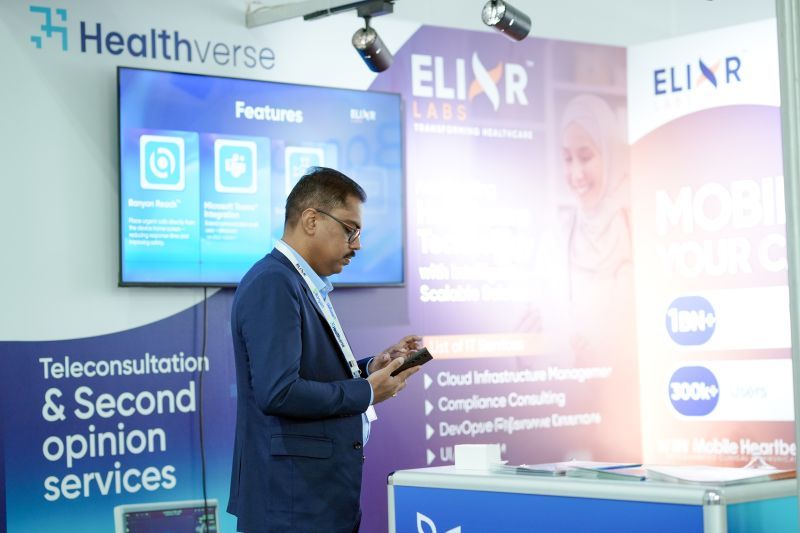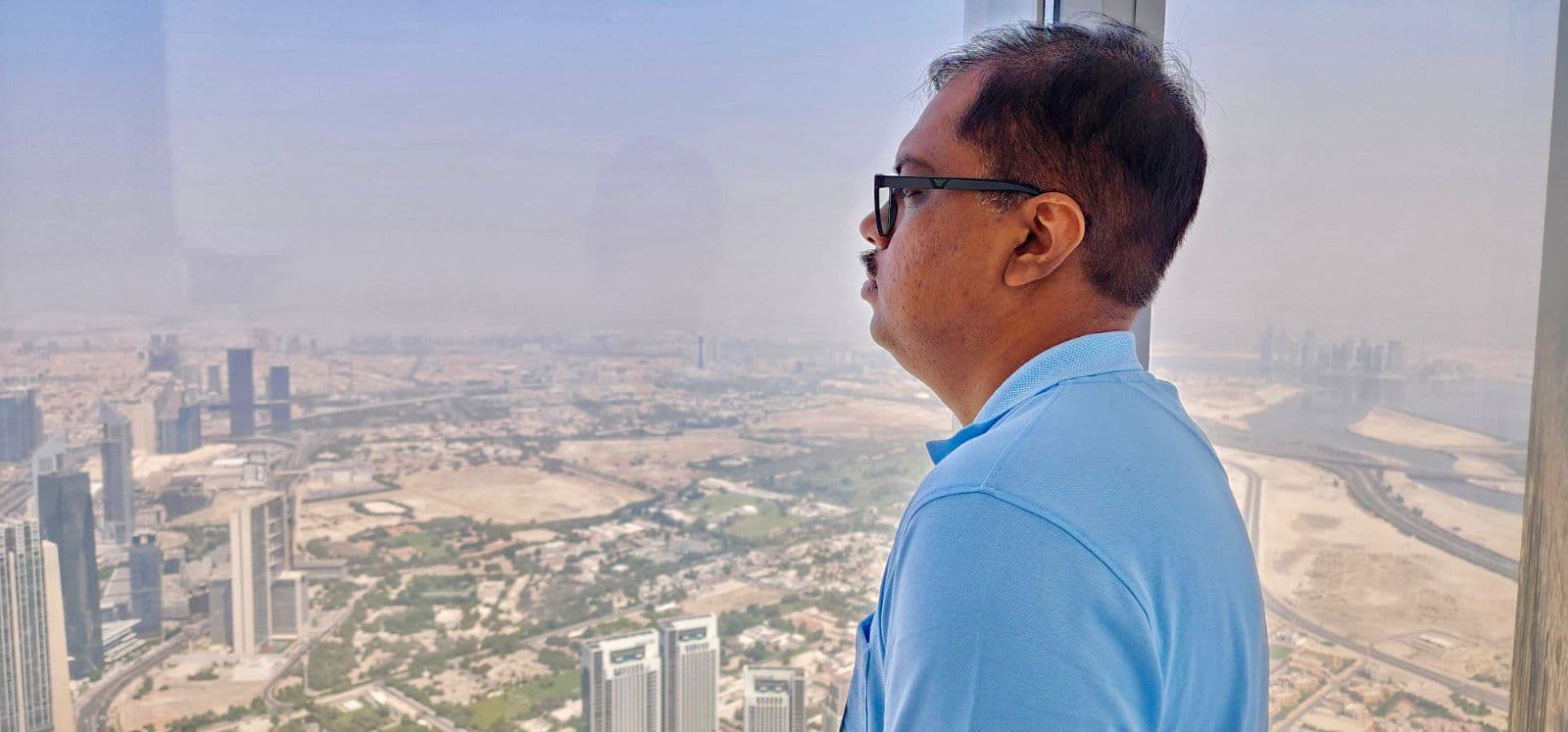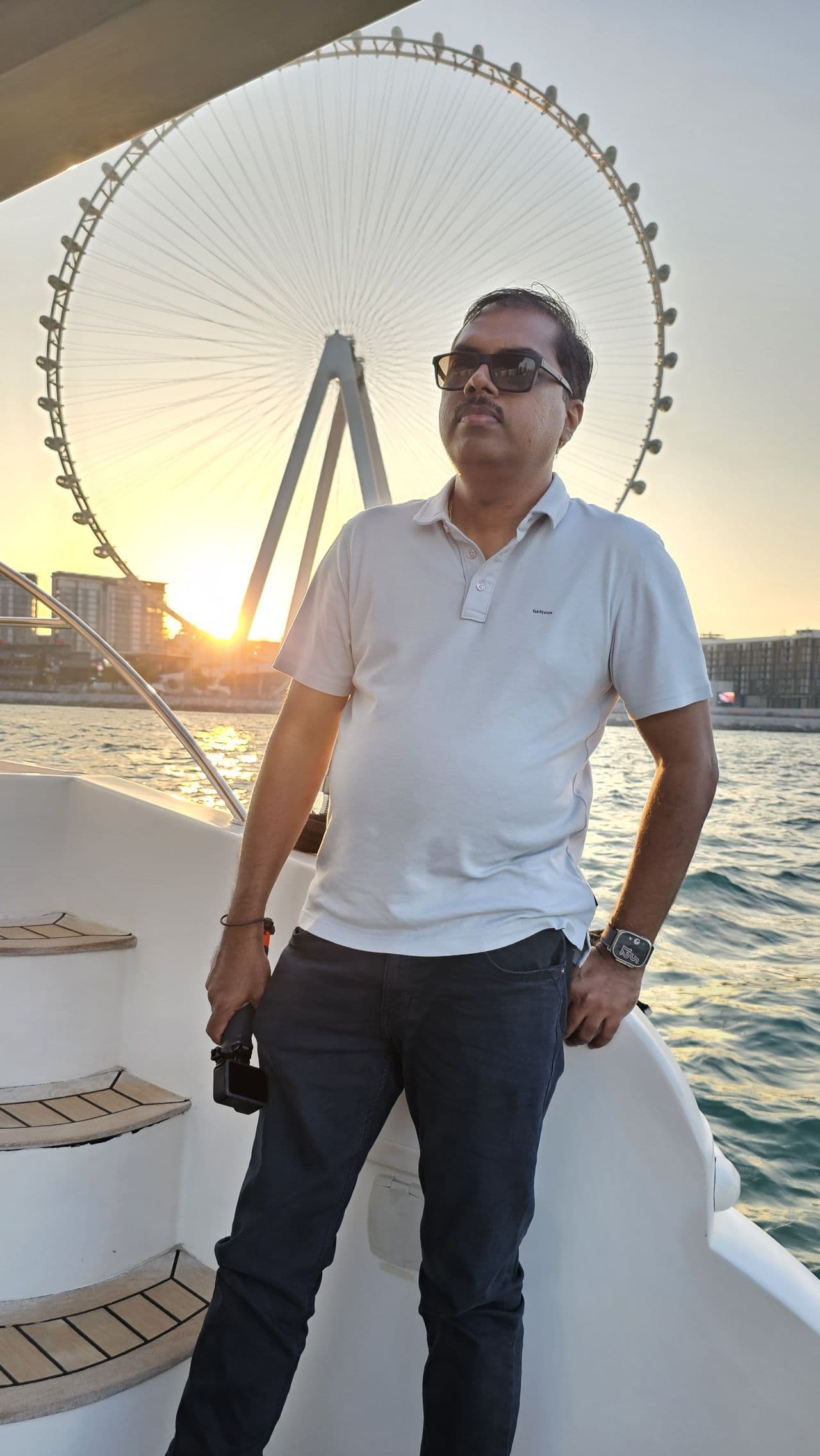
For years, the global conversation around healthcare innovation seemed to orbit around places like Silicon Valley, Boston, or even parts of Europe. They were the epicenters, the “where things happen” in MedTech and HealthTech. But if you’ve been paying attention recently, you’ll know the story is changing.
The next big leap in healthcare isn’t just coming from the West. It’s rising from the Middle East, and Dubai is at the centre of it.
I’m not just tossing around industry buzzwords here. I work in HealthTech, and I’ve been watching this transformation unfold up close. The change is fast, strategic, and impossible to ignore.
From Adoption to Creation in Healthcare
For a long time, the Middle East’s healthcare sector had a reputation for adopting the best global solutions. The region would import cutting-edge medical equipment, partner with leading global research institutes, and implement proven systems.
But that phase is over.
Now, the region is building its solutions personalised for its people, its infrastructure, and its future. The shift is so visible that it’s rewriting the rules for global healthcare innovation.
And the numbers tell the story:
- The global MedTech market is projected to hit $960 billion by 2030.
- The Middle East’s share is already on track to cross $27 billion and is growing steadily.
But this is about much more than market size. It’s about momentum.
The Middle East’s Rising Health Innovation Zones
Let’s look at a few hotspots driving this growth:
1. Dubai Healthcare City (DHCC)Dubai Healthcare City turned a dream into reality. It connects hospitals, research labs, and training schools in one place, allowing doctors, researchers, and HealthTech companies to work together and create solutions that reach patients faster.
2. Qatar’s Genomics and Precision Medicine PushQatar is investing heavily in genetics and precision medicine. The goal isn’t only better treatments but also new ways to predict, prevent, and manage diseases. By studying genetic data from the population, they aim to create healthcare systems that offer highly personalised care for every patient.
3. Cross-Border CollaborationsPartnerships like the UAE-India Friendship Hospital are breaking traditional boundaries in healthcare delivery. These initiatives are about more than building facilities; they’re about creating pipelines for knowledge exchange, research collaboration, and patient care that transcends geography.
The Shift From Idea to Implementation
One of the most exciting things about the Middle East’s healthcare transformation is how quickly innovation moves from concept to reality.
Take CureMetrix, for example, a US-based AI-powered HealthTech company. They recently partnered with the Dubai Health Authority to improve breast cancer detection using artificial intelligence. This isn’t just pilot testing in a lab, it’s real-world deployment at scale.
This kind of rapid adoption matters. In medicine, every second counts. The Middle East’s fast-moving approach to rules and funding helps health innovations reach patients quicker than in markets slowed by heavy regulations. This means more lives can be saved.
Why This Moment Matters
It’s easy to think of healthcare innovations such as AI diagnostics, robotic surgeries, and wearable devices. And yes, these are important. But the real story here is about capacity building.
The Middle East isn’t just importing innovation anymore, it’s creating it. This means:
- New startups born in the region and designed for local healthcare challenges.
- Investors are backing solutions that can scale both regionally and globally.
- Governments are aligning policy to accelerate healthcare transformation.
The impact goes beyond hospitals and clinics. A strong healthcare innovation system draws talent from around the world, brings in more research and development investment, and helps the economy grow stronger and adapt to challenges.
Designing the Next Era of Healthcare
The Middle East’s transformation is about more than keeping pace with global trends; it’s about setting them. From advanced cancer screening programs to next-generation hospital infrastructure, the region is actively designing the next era of healthcare.
And here’s the important part: these innovations aren’t just for the Middle East. These innovations can scale globally, serving both advanced and emerging markets. Whether it’s AI diagnostics for remote clinics or telemedicine that connects doctors and patients across countries, they can transform healthcare access for all.
The shift is real. The numbers back it up. The success stories are emerging almost weekly. The Middle East is no longer a sideline player in healthcare innovation; it’s a co-author of the next chapter.
Which brings me to this question: Is the Middle East shifting things in your industry, too? Because if it hasn’t yet, it probably will soon.

Lessons of a Lifetime: What My Journey as a Founder Has Taught Me

How Telehealth Brings Healthcare Closer to Rural Areas in India

Avoiding the Blame Game: Building Trust Through Open Communication at Workplace
